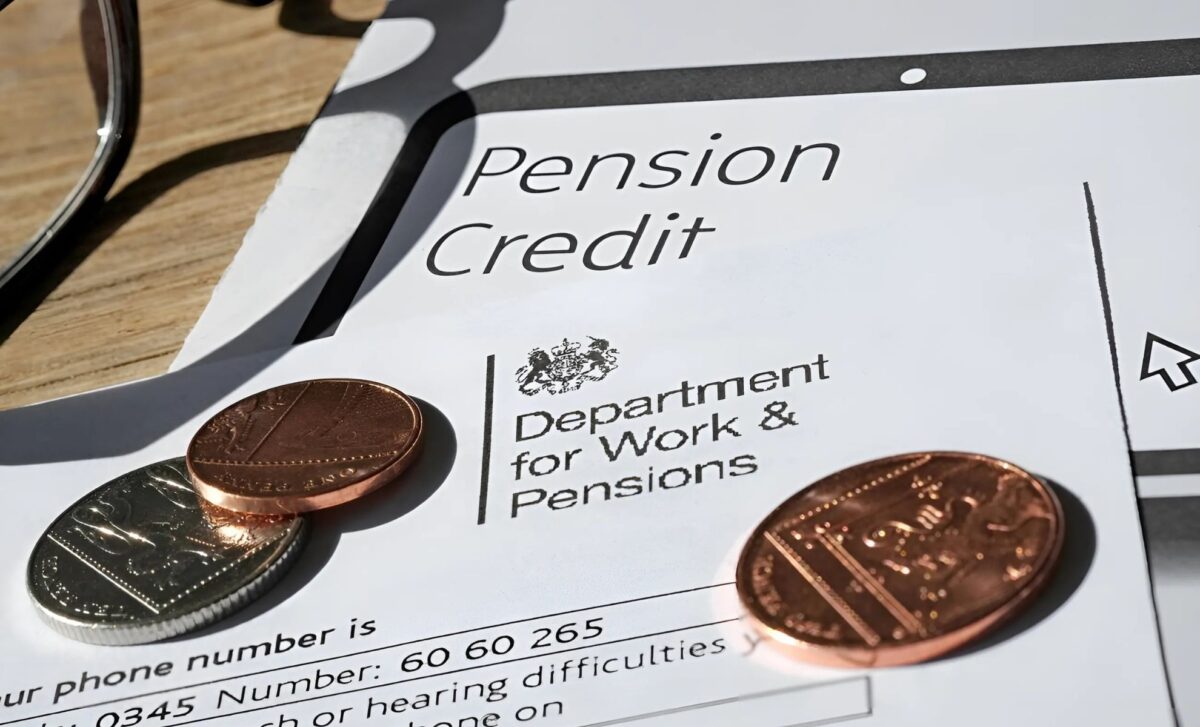The DWP might owe five sets of women huge sums of money in regard to their State Pension payments. Even though a lot of people plan for their retirement, state pension funds are still a substantial source of money for essentials.
Understanding DWP Pension Basics
The State Pension is currently £221.20 a week, or £11,502.40 a year. In April next year, this is set to rise to just under £12,000. The Pensions and Lifetime Savings Association (PLSA) estimates that a ‘basic’ lifestyle in retirement would cost £14,400 a year. This benchmark is not met by the state pension as a whole, which only pays around 80% of the amount needed under current rules.
State pension maintenance continues to be crucial to the financial stability of Britain’s older population. A minimum of ten years must elapse before any payment is made, and 35 years of qualification must be accumulated on the National Insurance Register in order to obtain the full state pension. However, some groups of women have been underpaid as a result of a number of errors:
Married women
Among those most affected by the error are married women, as well as those who were divorced, widowed or entitled to a state pension before April 2016. They would have been eligible to receive up to 60% of their husband’s basic pension, but Birmingham Live says the DWP often failed to pay this increase.
As Steve Baker, Chartered Financial Planner at Ascot Lloyd, points out, pension benefits are not always easy to navigate:” He remarks on the government’s attempt to simplify matters: “The government brought in a new state pension system on 6 April 2016 because the previous system was seen as overly complicated, but that complexity still lives on to the extent that even DWP continues to make errors.”
Moreover, he advises those who might find themselves in a similar situation: “If your circumstances are similar but your state pension didn’t increase after your partner died you should speak to your financial adviser, or contact the Pension Service yourself, to check if you are entitled to the increased payments.”
Widowed Women
Widows are most impacted by this problem, as some of them have not benefited from an increase in the State pension following the death of their spouse, based on the latter’s contributions. She draws attention to the possibility of inheriting up to 100% of the deceased spouse’s supplementary state pension, which could result in arrears of payment if due.
The situation is made even worse by Sir Steve Webb, a former pensions minister who is now a partner at consultancy LCP. He is calling on the DWP to conduct an ‘urgent enquiry’ into the extent of the issue.
“Having had to spend years checking hundreds of thousands of historic state pension calculations for errors, you would hope that DWP would be making sure that new claims are handled correctly. But we have found worrying evidence that this is not the case,” said Webb.
Divorced Women
Divorced women may also have received inadequate compensation because many are unaware that they can use their ex-husband’s National Insurance record instead of their own, up to the date of divorce.
Although it seems that qualified individuals should automatically receive an additional state pension from the Department for Work and Pensions (DWP), this has not always been the case.
Important information for those affected: you will not be able to claim the State Pension of a deceased spouse or civil partner if you remarry or enter into a new civil partnership before reaching State Pension age.
Individuals Over 80s
People over 80 who are married, widowed, divorced or single and receiving less than £85 a week in State Pension may not have received their full entitlement to a ‘Class D’ State Pension at age 80. The DWP is currently working to address historic pension disparities.
The Schedule Payment Solution (SPS) has been applied for over 346,000 widows and widowers of the person deprived of life in a tragic incident and similar ones that happen frequently. It will also apply to a few hundred claims every year.
Women Who Took Time Off Work
It is also possible that women who took leave to care for their children and claimed child benefit between 1978 and 2000 received a lower state pension than they were entitled to.










Do the disabled get it I’m an ampu